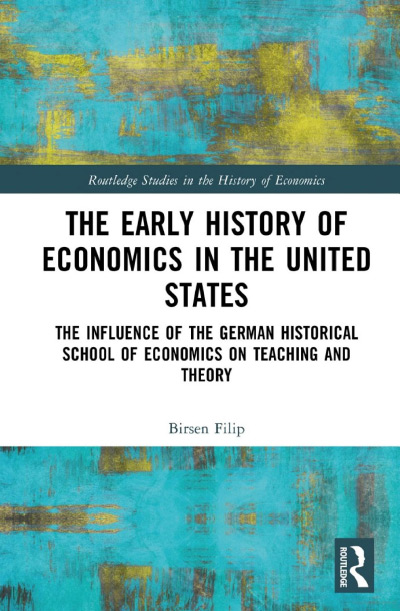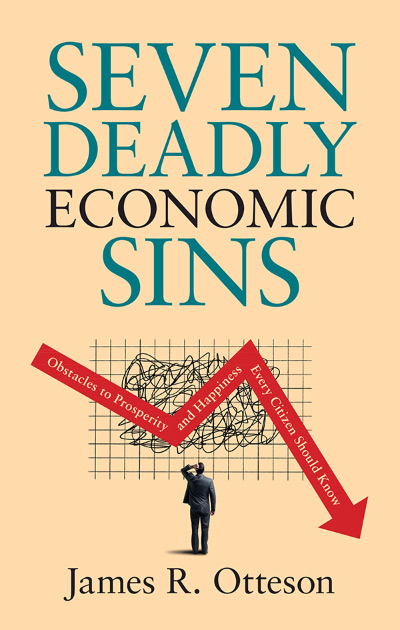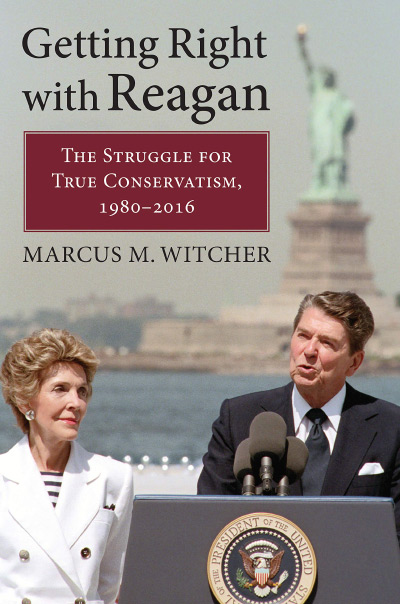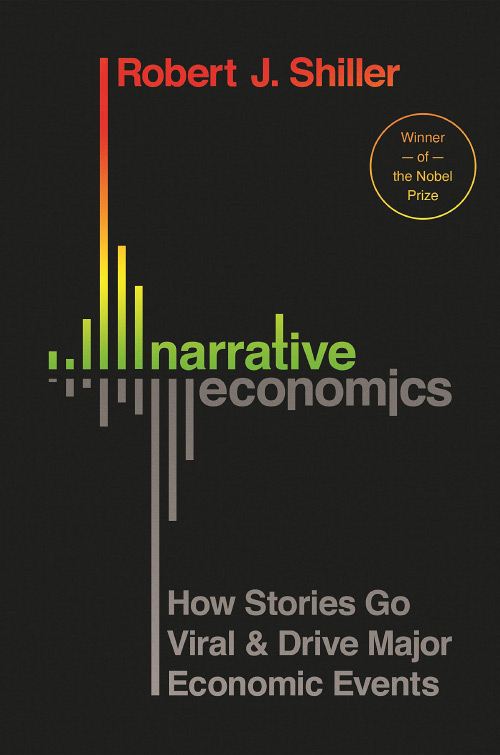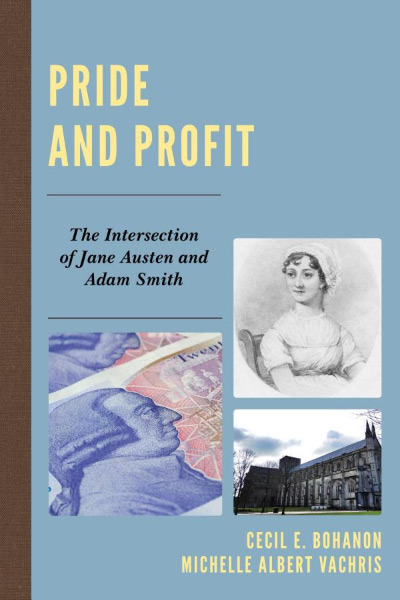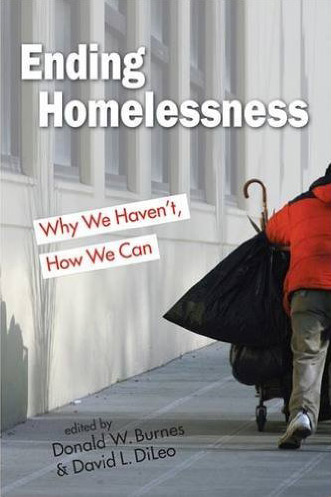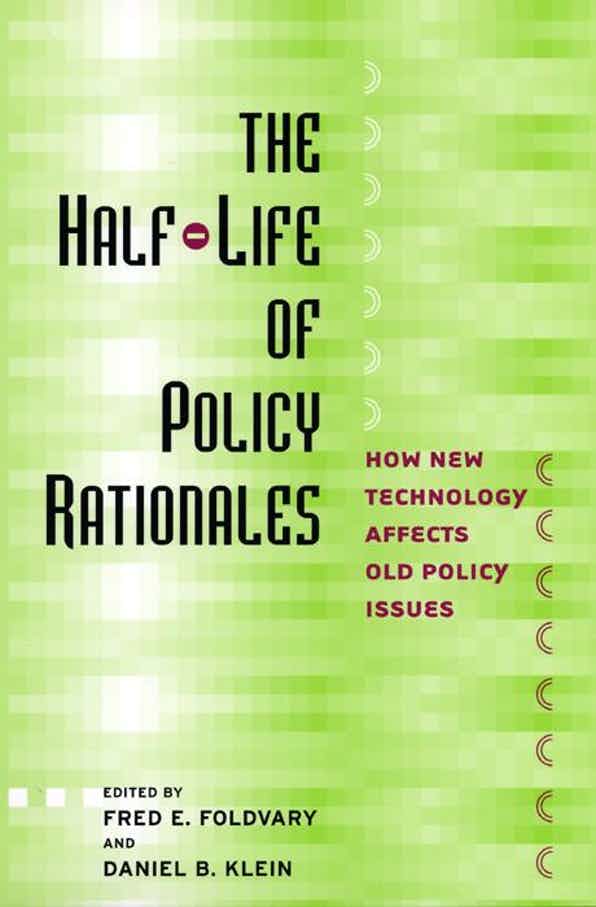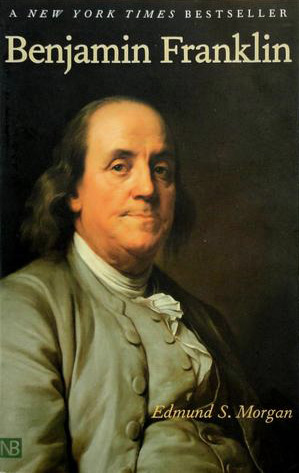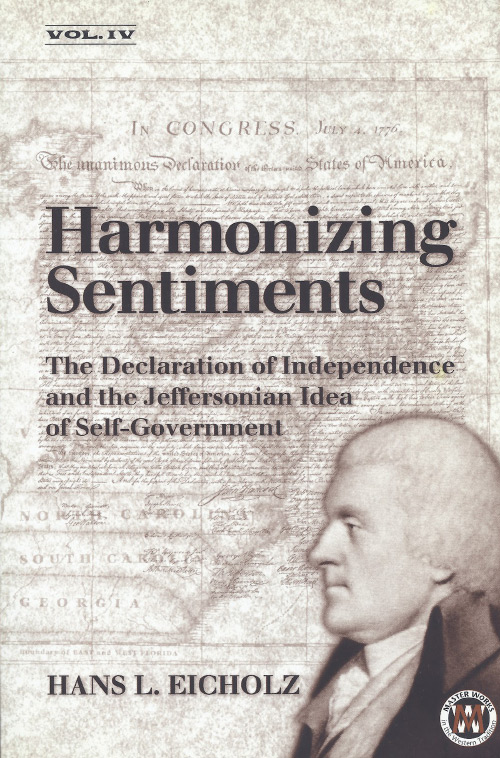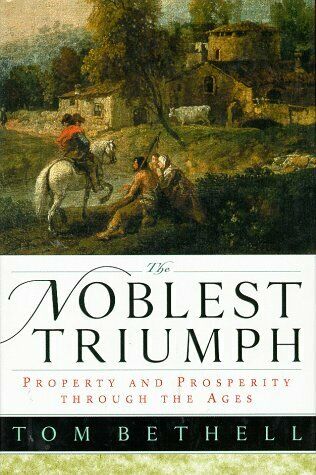The philosopher and economist Birsen Filip has done an outstanding job of research, and readers of her book will learn a great deal about the German Historical School of Economics (hereafter GHSE) and its influence on American economists such as Richard T. Ely and Simon N. Patten who were instrumental in establishing economics at the graduate level in the United States. She writes from a point of view that most readers of The Independent Review will find uncongenial: she thinks that the GHSE has much to teach economists today, and she regrets its eclipse. In what follows, I shall concentrate on her account of the GHSE’s virtues rather than discuss the details of the school’s influence on American economists.
Hers is a story with a sad ending. As she tells the tale, leading figures in the GHSE, such as Wilhelm Roscher, Bruno Hildebrand, Karl Knies, and Gustav Schmoller, made many valid criticisms of the classical economics of Adam Smith, David Ricardo and their numerous followers. The classical school stressed the benefits of the free market and supported free trade, but these policies could not deal adequately with the bad conditions of factory workers in an industrialized economy. The reasons for this failure included the classical school’s methodological individualism, its preference for abstract formulations rather than immersion in concrete historical particulars, and its acceptance of “value-freedom” as an ideal for economic theory. By contrast, the GHSE was methodologically collectivist, seeing economic history as developing in stages, each one with different economic laws. Far from being value-free, their economics was based on ethics, with the aim being to advance the material and spiritual welfare of the entirety of the nation’s population, with an especial emphasis on the poor.
Because of the immense historical knowledge and theoretical insights displayed by the principal members of the GHSE, Germany became the main place of study for students seeking advanced degrees in economics from all over the world, and the ideas of the school exerted a beneficial influence on both economic theory and economic reforms in the United States. Unfortunately, the onset of World War I, supported by most German intellectuals including the members of the GHSE, led people to associate the school with war and dictatorship; and, as a result, the school lost influence and never regained it. In fact, the charges against the school are false, in that the school emphasized the welfare of the poor and supported individual freedom, not war and dictatorship. The GHSE has much to teach us today, e.g., the need for a governmentally-directed policy to cope with climate change.
Such is Filip’s case. To what extent is it valid? It suffers from a disabling defect. Filip does not support her main assertions with argument but is content simply to state them. Is it correct, for example, that classical economics relies on abstract laws that it wrongly takes to be universal? To substantiate this, Filip would need to show that a particular classical law, such as the law of comparative advantage, is limited in its validity to commercial capitalism; and to do this, in turn, would require that she respond to the argument for the law advanced by David Ricardo and its extension by Ludwig von Mises (1998, Human Action, Auburn, Ala.: Ludwig von Mises Institute, pp.158–163) into a more general Law of Association. She fails to do so, not even mentioning the reasoning these economists used to support the law.
She denies that the GHSE supported war and dictatorship, although she acknowledges that Thorstein Veblen, hardly a supporter of the free market, stated that Schmoller supported a “powerful military state” (p. 224; Veblen can hardly have argued, as Filip says he did, that Schmoller “influenced developments in Germany” during the Nazi regime—Veblen died in 1929 and the Nazi regime began in 1933).
Her counter to the denial is an ignoratio elenchi. She says that the school aimed to benefit the poor: “Contrary to the totalitarian regimes of the twentieth century, the GHSE was opposed to dictating the actions of individuals in their private spheres.... In fact, the GHSE represented an alternative to all forms of centralization and authoritarianism, socialist and communist revolutions.... Its adherents wanted to facilitate the conditions that would provide people with the freedom of self-determination, while simultaneously protecting them from coercion” (pp. 234–235). Suppose that she is right about the aims of the GHSE. This does not speak to the question whether the school favored imperialism and war as a means to promote national welfare.
She cites a comment by Mises on the school’s support for war and imperialism, but does not mention Mises’s fuller discussion in Omnipotent Government (2010, Auburn, Ala.: Ludwig von Mises Institute, p. 74) explaining his claim about the school. Briefly Mises’s argument is that the GHSE sought to restrict trade—a point Fillip admits. The attempt at autarky led to both imperialism and struggles with neighboring nations in order to gain control over resources that the state considered vital for national economic development. Mises says: “For more than sixty years German nationalists have been depicting the consequences which the protectionist policies of other nations must eventually have for Germany. Germany, they pointed out, cannot live without importing food and raw materials. How will it pay for these imports when one day the nations producing these materials have succeeded in the development of their domestic manufactures and bar access to German exports? There is, they told themselves, only one redress: We must conquer more dwelling space, more Lebensraum.”
Further, Mises documents to the hilt his claim that Schmoller supported war and imperialism. “Schmoller was the universally recognized head of the German socialists of the chair, professor of political science at the University of Berlin, permanent adviser of the Reich government on economic problems, member of the Prussian chamber of Lords and of the Prussian academy. His compatriots and German officialdom considered him the greatest economist of the age and a great economic historian. The words which we quote are to be found in a book published in Stuttgart in 1900.... “I cannot dwell on the details of the commercial and colonial tasks for which we need the navy. Only some points may be mentioned briefly. We are bound to wish at all costs that in the coming century a German country of twenty or thirty million Germans be established in Southern Brazil. It is immaterial whether this remains a part of our Reich. Without communications continually safeguarded by battleships, without Germany’s standing ready for vigorous interference in these countries, this evolution would be exposed to peril.’” (Omnipotent Government, p. 129)
So far as the GHSE’s aim to help the poor is concerned, it must be firmly borne in mind that, as Filip herself emphasizes, the school continued the efforts of the cameralist advisers to the Prussian monarchs and the rulers of the other German states in the seventeenth and eighteenth centuries to promote the welfare of all classes as a means to build up the power of the state. People left to themselves are in danger of acting in their “selfish” material interests. The guiding hand of the educated bureaucracy of the state is needed to deter this and lead the people on to “higher” things. The philosopher Christian Wolff, “accepted as one of the most important contributors to cameralism ... emphasized the importance of perfection while also highlighting the role of the paternalistic state in ensuring and maintaining the conditions of perfection” (p.14).
Filip is well aware of the struggle between the GHSE and the Austrian school, but she neglects an issue of great importance. She contends that mainstream economic theory is dominated by the model of homo economicus, according to which human beings aim to maximize their material well-being. This view is false, Filip avers; people have many other motives for action as well, most definitely including sacrifice of one’s own interests to benefit others. That is indeed so, but it is fully recognized by Mises, who in Human Action and other works offers a general science of human action that applies universally, not just to “selfish” action. If Filip thinks he is mistaken, she needs to show this, and she has not done so. More generally, her claims that workers need the “protection” of minimum wage laws, governmentally provided health care and “public” education require argument. Mere assertion does not suffice.
| Other Independent Review articles by David Gordon | ||
| Summer 2024 | Moderation in the Pursuit of Justice Is a Virtue: Nicholas Rescher’s Quest for a Good Society | |
| Spring 2024 | For a New Liberty after Fifty Years | |
| Fall 2023 | Blindsight Is 2020: Reflections on Covid Policies from Dissident Scientists, Philosophers, Artists, and More | |
| [View All (10)] | ||



